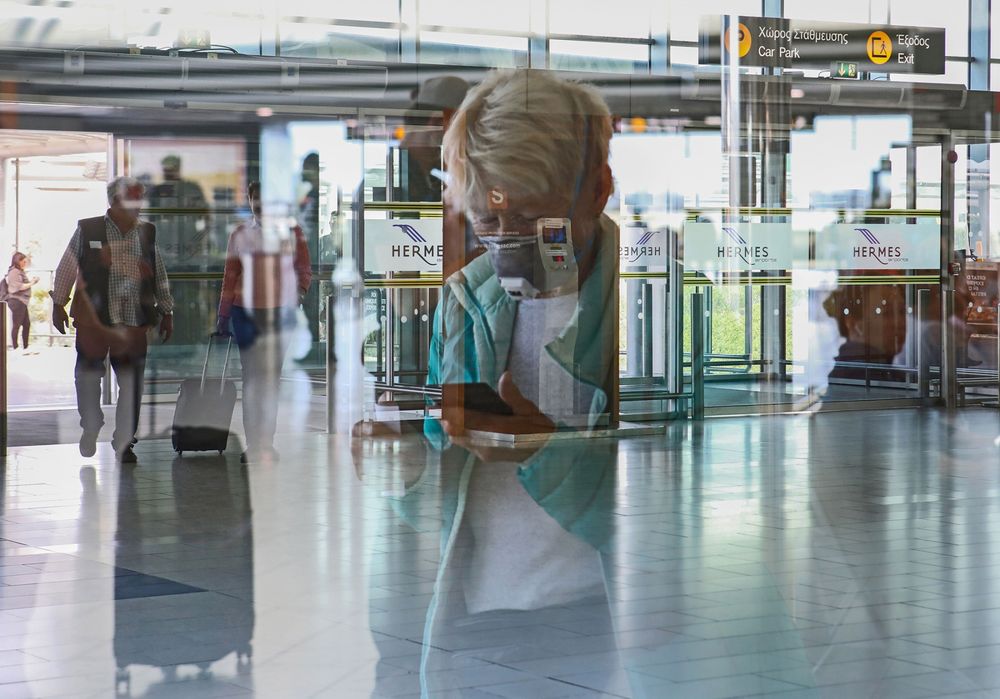Cypriot and Greek travel agents have developed a joint proposal to submit to their respective governments that aims to restart tourism once conditions allow, Cyprus Mail reports.
The Hellenic Association of Travel & Tourist Agencies (HATTA) and the Association of Cyprus Travel Agents (ACTA) will submit a joint proposal to Nicosia and Athens for Cyprus and Greece to be considered a single area for tourism.
Read More: Greece intends to welcome tourists in July, says tourism minister [Video]
Cyprus and Greece are amongst the European countries that have best managed to contain the coronavirus. The proposal looks to encourage tourists from both countries to visit each other, as explained by the president of ACTA Vasilis Stamataris to Cyprus Mail.
“We want people to start thinking what their next destination will be,” Stamataris told Cyprus Mail. “And, considered the proximity between Greece and Cyprus, not just in terms of distance, but also in terms of language, culture and history, I think the tourism industry will benefit from the potential boost that the proposal can give.”

Opportunities for this proposal to become a reality will be observed once the government reopens the airports for travel. There is still no clear timeline for its implementation, yet Stamataris hopes airports will reopen around mid-May.
“Nevertheless, we cannot decide on this, it will be the government scientific committee’s responsibility to inform us when it will be safe to travel again. But we want to have a head start once we have the green light,” he added.
Read More: Greece plans gradual relaxation of lockdown measures
Read More: Ministry of Tourism launches ‘Greece from Home’ online platform [VIDEO]
The move was welcomed by the Cyprus-Greece business association, which said the exchange of tourists was a very positive step in efforts to handle the heavy repercussions the pandemic has had on the tourism industry, Cyprus Mail reports.
To promote closer tourism cooperation a ferry connection between Greece and Cyprus is being revived after it stopped operating in 2000.
